A summary of the reign of Elizabeth II and events that took place during her reign
kenya
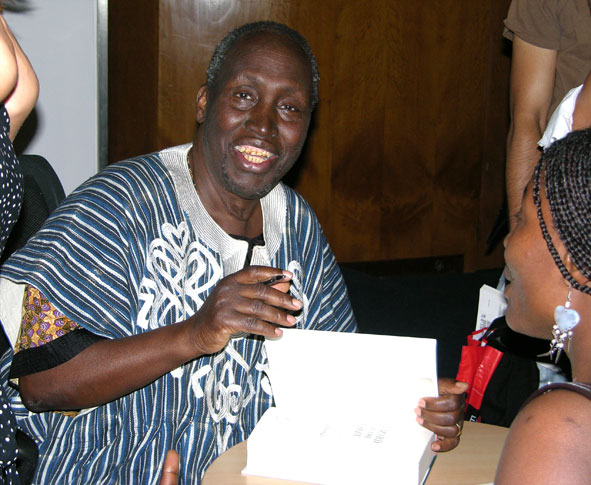
Writer Ngũgĩ wa Thiong’o has always questioned the literary tradition written in colonial languages, analysing the dynamics and the functioning off colonised societies and their relationship with the colonisers. Thiong’o defends the mother tongue as a weapon against linguistic imperialism, and recommends decolonising minds and the imagination, in Africa and Europe alike. We talk with him on the occasion of the publication in Catalan of his book “La revolució vertical” (Raig Verd, 2019).
Image: Sixoone, CC BY-SA 3.0

HARDtalk speaks to one of Africa’s greatest living writers, Ngugi Wa Thiong’o. Tipped to win the Nobel prize for literature, he decided years ago not to write novels in English but in Gikuyu, his mother tongue. His work includes extraordinary memoirs of colonial times and the Mau Mau uprising in his native Kenya. How far have today’s young Africans forgotten the sacrifices that brought about independence? And has that independence itself been a disappointment?
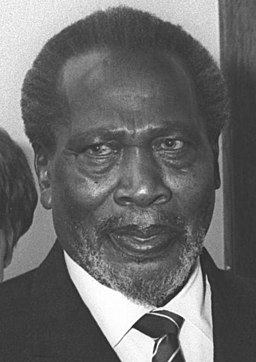
While in Europe, Kenyatta studied anthropology at the London School of Economics, gave public lectures, wrote to newspapers, traveled across Europe and participated in the Pan-African Congress.
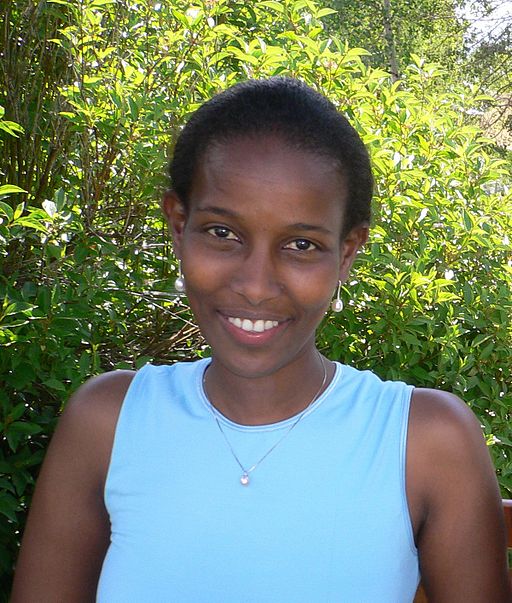
“Tolerance of intolerance is cowardice.”
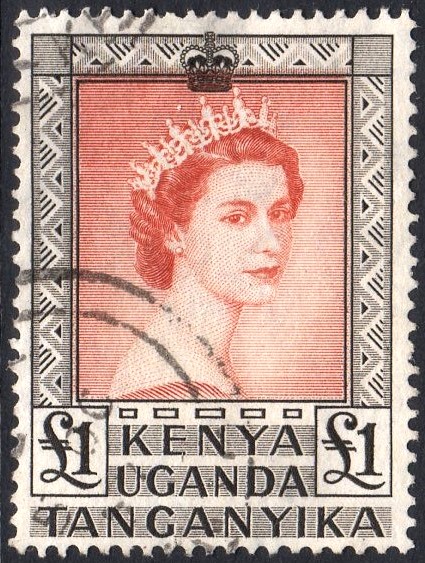
In Northern Rhodesia, colonial officials were issued with further orders to destroy “all papers which are likely to be interpreted, either reasonably or by malice, as indicating racial prejudice or religious bias on the part of Her Majesty’s government”.

“The size of your dreams must always exceed your capacity to achieve them. If your dreams do not scare you, they’re big enough.”
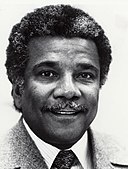
When I grasp you, my hands grasp nothing
but a corpse that died with no justice
(Image credit: Bentley Historical Library, University of Michigan, CC BY 2.0
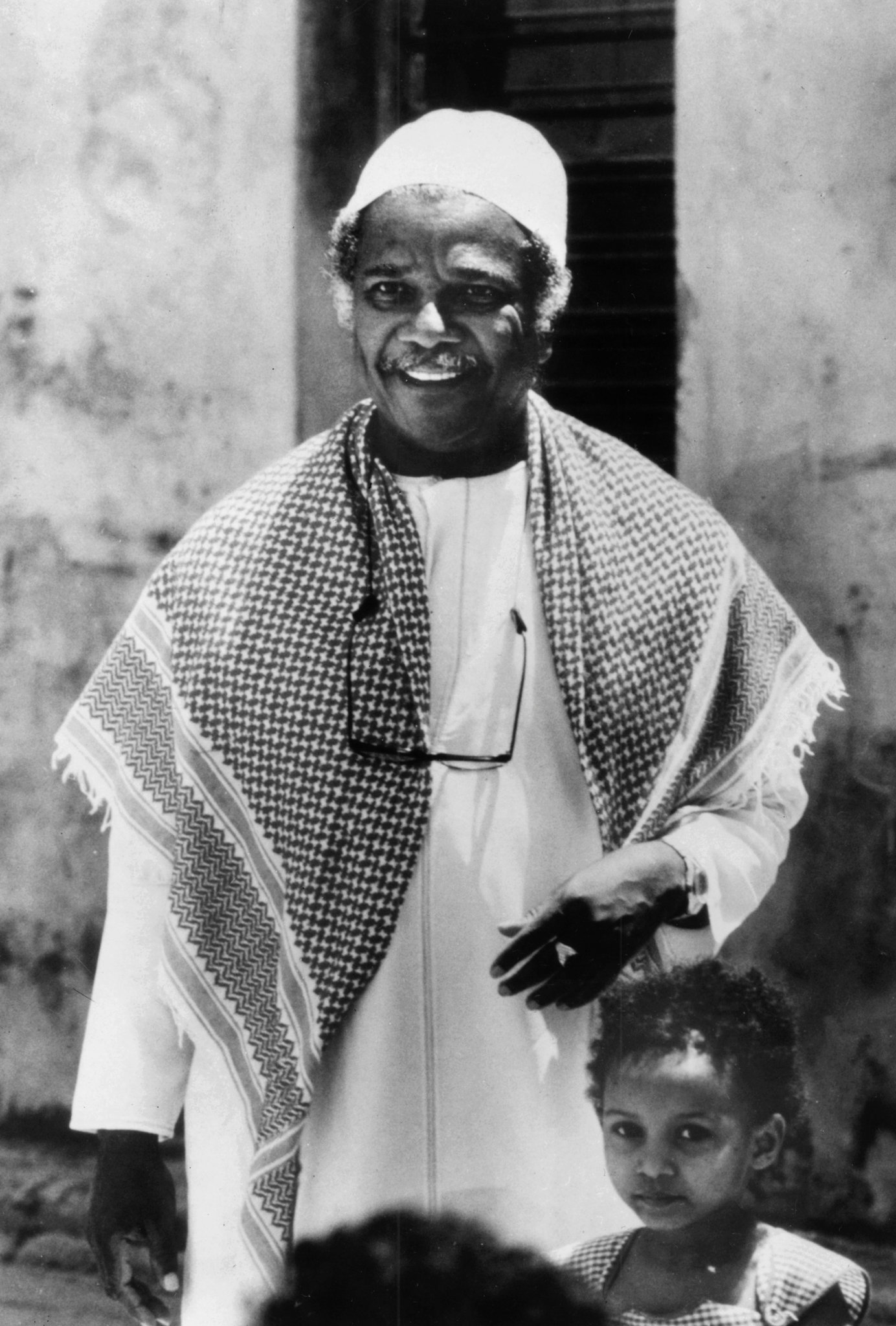
River –
We stand on your bank
tears falling on us
that stream into your heart

Everything looks at you twice
Ashamed, you look away,
you let it happen.
You can’t look for a fight.
(Image credit: Bentley Historical Library, University of Michigan, CC BY 2.0

